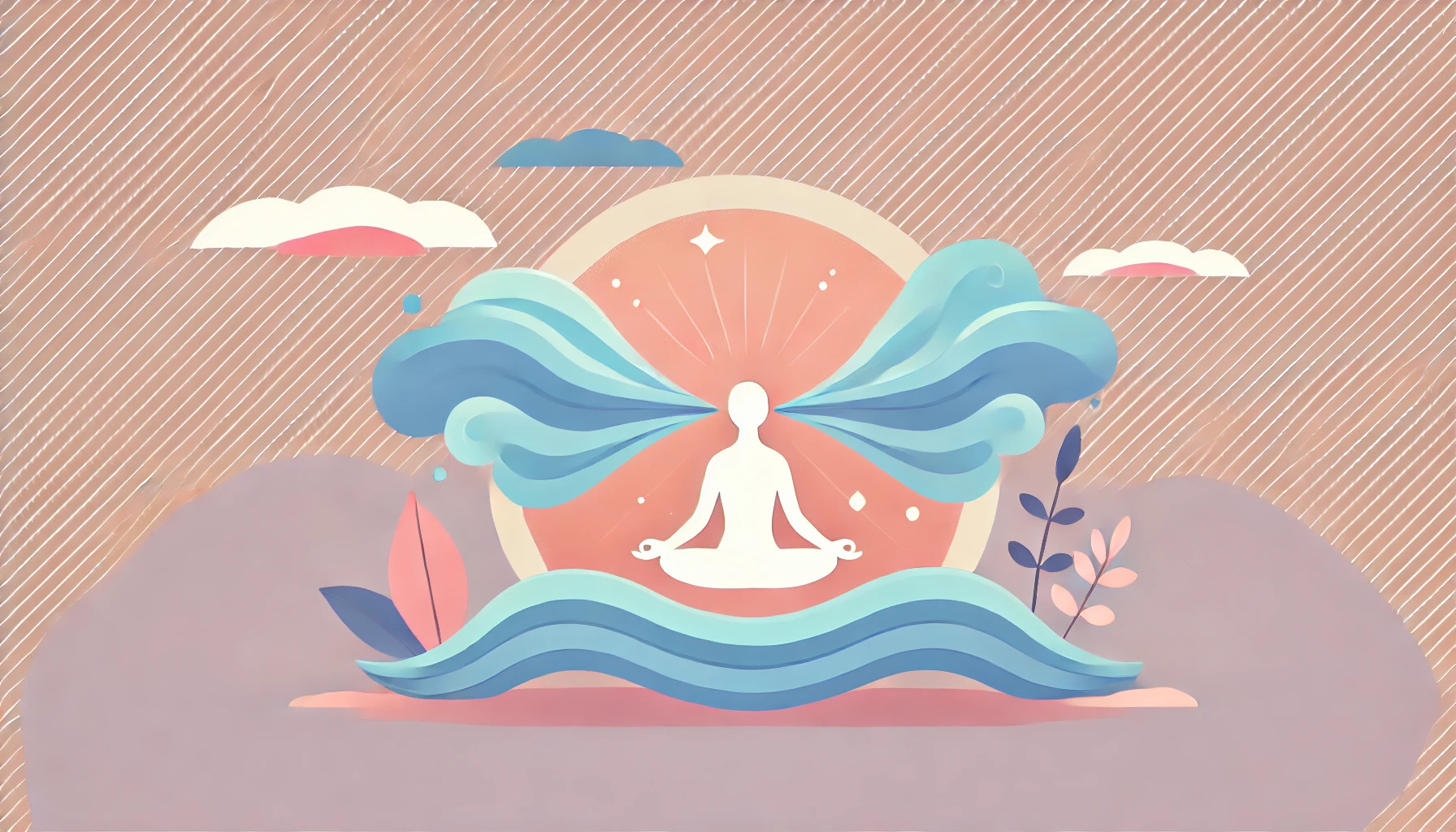Param Gurudev delves into the profound concept of differing perceptions. His teachings explore how our internal state shapes our interpretation of situations. He emphasises the significance of cultivating the right perspective for spiritual growth. Gurudev guides us towards aligning our inner nature with external behaviour. His wisdom offers a path to inner peace and virtuous living.
Understanding Different Perceptions

Param Gurudev delves into the concept of differing perceptions, explaining how individuals interpret situations based on their internal state. He emphasises that our perspective significantly impacts our emotional and behavioural responses, thereby shaping our karma. By understanding this, we can begin to transform our reactions and approach to life’s events. He provides examples of how two people can perceive the same event differently, leading to vastly different outcomes based on their mindset.
The Importance of Perspective
The way we see things greatly impacts how we act. Think about people looking at the same object in a temple, like a statue of a deity. One person may feel deeply spiritual and connected when seeing it, moved by strong religious feelings. Another person may simply see it as a beautiful piece of art, admiring the way it looks but not feeling any spiritual connection. This shows that our perspective, or how we view something, shapes how we respond emotionally and what we do. That’s why it’s important to develop the right perspective – one that helps you grow spiritually and find inner peace. Having the proper mindset can lead you to have meaningful experiences and take positive actions.
Aligning Inner Nature with External Behavior

One of the key points Param Gurudev addresses is the alignment of our inner nature with our external behaviour. He discusses the internal conflict that arises when our internal feelings do not match our external actions. For instance, feeling anger towards someone internally but displaying outward cordiality. This misalignment creates internal strife, impacting our mental peace and spiritual growth. He emphasises the need to cultivate authenticity and congruence between our thoughts, emotions, and actions.
The Concept of Punya and Paap

Param Gurudev introduces the concepts of “Punya” (virtue) and “Paap” (sin) nature. He explains that virtuous actions align with our inner nature and contribute positively to our karma, while sinful actions create internal conflict and negative karma. Understanding these concepts helps us navigate our actions and intentions more mindfully. He provides examples of virtuous actions and their positive impact on our spiritual journey.
The Destructive Nature of Attachments

Through the story of Duryodhana from the Mahabharata, Param Gurudev illustrates how strong attachments can lead to destructive behaviour. Duryodhana’s attachment to the throne and his unwillingness to let go of his desires ultimately led to his downfall. This story serves as a powerful reminder of the importance of detachment in achieving inner peace and spiritual growth. Param Gurudev emphasises the need to recognize and release our attachments to material possessions, power, and ego-driven desires.
Viewing Life’s Events Like Breaths

Param Gurudev encourages us to view life’s events like breaths—taken in and let go without attachment. Just as we breathe in and out without holding onto the air, we should experience life’s events without becoming attached to them. This practice of detachment is essential for maintaining mental peace and preventing internal conflicts. He guides the attendees through a visualisation exercise, helping them understand the concept of letting go and embracing the present moment.
Managing Desires and Maintaining Detachment
Practical wisdom guides us in managing desires and maintaining a healthy sense of detachment. Mindfulness and self-awareness play a crucial role in recognizing our attachments and consciously letting them go. By doing so, we prevent our desires from controlling our actions and thoughts, leading to a more balanced and peaceful existence. Regular reflection on the impermanence of material possessions and shifting our focus towards spiritual growth can help cultivate detachment. Specific techniques, such as meditation and contemplation, can aid in this process. When we release our grip on attachments, we free ourselves from the constant cycle of craving and aversion, paving the way for inner freedom and contentment.
The Role of Mindfulness and Self-Awareness
Mindfulness and self-awareness are emphasised as crucial tools for achieving inner peace. Param Gurudev advises cultivating these qualities to remain detached from desires and align our actions with our true nature. By being mindful of our thoughts and actions, we can ensure that they are in harmony with our spiritual goals. He guides the attendees through a mindfulness exercise, helping them connect with their inner selves and cultivate greater self-awareness.
Conclusion
Param Gurudev Shree Namramuni Marahaj Saheb’s discourse provides profound insights into transforming every moment of our lives into a virtuous act. By aligning our intentions and actions with spiritual growth, we can cultivate a life filled with positivity and purpose. His teachings remind us of the importance of perspective, mindfulness, and detachment in achieving inner peace and spiritual fulfilment. As the session concludes, Param Gurudev encourages everyone to reflect on the teachings and implement them in their daily lives, reminding them that the path to spiritual growth is a continuous journey.
As we navigate the complexities of life, let us remember Param Gurudev’s teachings and strive to make every moment a virtuous one. By doing so, we can achieve a state of inner harmony and spiritual growth, leading to a more fulfilling and enlightened existence. Param Gurudev leaves the attendees with a sense of inspiration and motivation to embark on this transformative spiritual journey.





